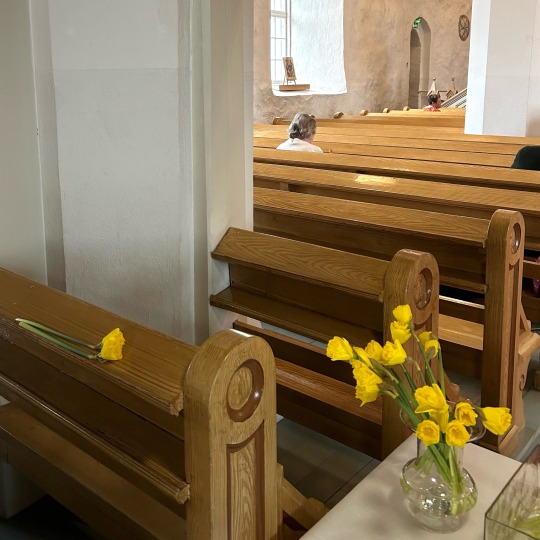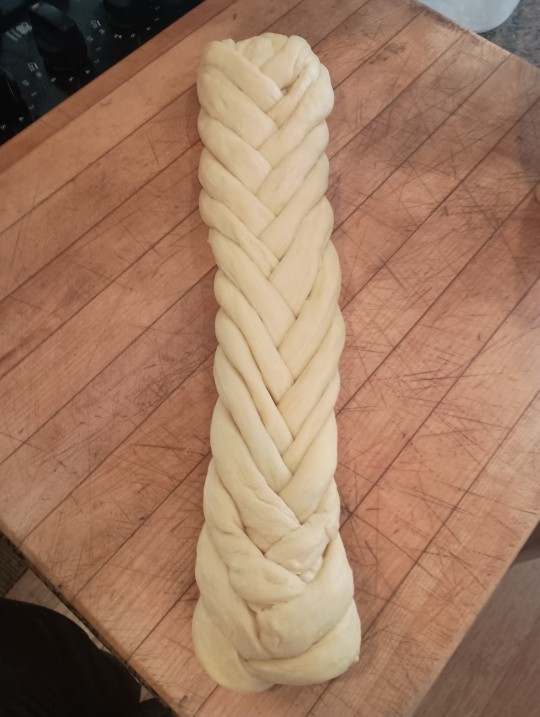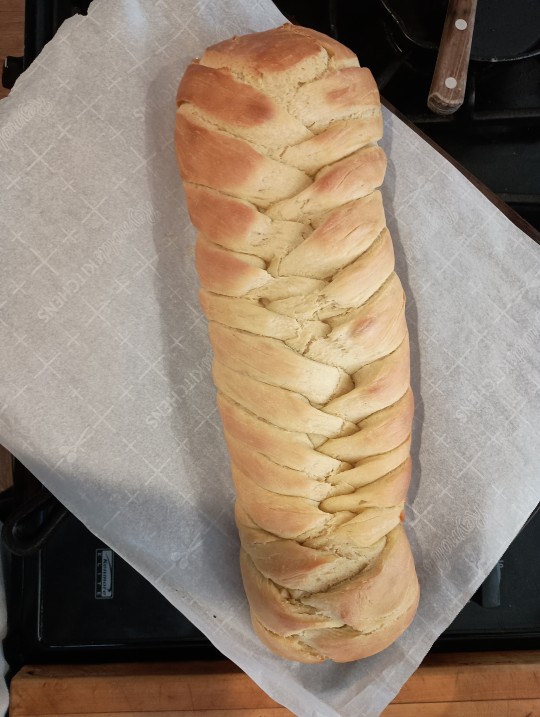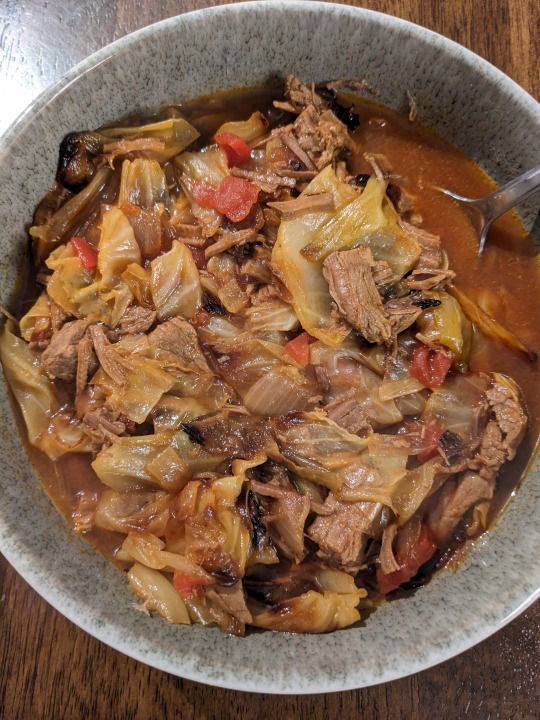#jewish joy tag
Note
✨✨✨here to sprinkle some JEWISH JOY into your inbox✨✨✨
THANK YOU SO MUCH!!!!!!!! 💖💖💖💖💖💖💖💖
7 notes
·
View notes
Note
In honor of your having gay sex in a church, have this soliloquy I wrote a while ago about having gay sex in a church:
Come find me in the shadows of the pews
This Sunday morn, once sermon’s come and gone
When worshipers have cleared, I’ll wait for you
I’ll kiss your lips beneath the roof of God.
The Lord must hate and burn me in his fire,
But neath his holy shrine my Heaven’s found.
I’ll live and die in flames of my desire
Because my love for you, it knows no bounds.
One day, I swear the world will shrink to us
To only you and me, our hearts a home
Through heat and Hell and flames, we won’t combust
We will emerge unburned and unalone.
No God will ever keep us two apart.
For now we lay in pews, pressed heart to heart.
dude this is fucking baller hell yeah
this is literally so good
#im jewish so i feel like theres not as much. uh. stuff going on with me fucking in a church but#if fucking in a church gives you freedom and brings u joy hell yeah#get into it#from katya#not a tag#really beautiful soliloquy tho.
333 notes
·
View notes
Text



wishing everyone who celebrates a happy easter and an even happier transgender day of visibility 🐣🪩🫶🪽
#went to church with my mom for the first time in years just because we thought it could be fun (it was!) and im thinking about. themes#resurrection and rebirth belongs to trans and nonbinary people and if i was going to pray i would thank god for making me queer !!!#the middle picture is from a disco themed university party we had on (holy) thursday where i had So much fun#(the crucifix earring was Mostly ironic and for the aesthetic)#been experiencing a lot of queer joy lately. as well as some new and complicated but Good feelings about gender. and maybe religion as well#anyway.#easter#religion#gender#tdov#trans day of visibility#lgbtq#queer#mine#💛#religion mention#christianity mention#<- just in case people dont want to see anything to do with religion in the trans tags today (or ever) !! <3 sorry if i missed something#edit: i originally also had a quote from julian k. jarboe here about humanity partaking in the act of creation#but i didnt realize the quote was from a jewish person regarding judaism so i removed it from the association with easter and christianity#the quote itself slaps and idk to what degree different religions and discussions or art about them should be kept separated !!#but im not the authority on that and ofc dont want to make anyone uncomfortable !!
30 notes
·
View notes
Text
and in the midst of all of this, a blessing --
b'ezrat Hashem, my partner & i will be welcoming a child this summer.
#my personal journey#jewish joy#BS”D#בס״ד#welcoming a new jewish life#i will be posting pregnancy related content so if that isn't your thing#message me to ask for a tag
55 notes
·
View notes
Text
older lady who sat next to me at kol nidre caught me on the way out of the service and asked “does the chazzan know about your voice??? because if not you should really talk to her, it was a pleasure to listen to you sing tonight” and im :’) :’) :’)
#gav gab#NICE TO ME…….#a jewish tag#one of the joys of my life is people complimenting my singing at shul#it happens often enough they’re probably onto something tbh
64 notes
·
View notes
Text
challah :D


[image ID: two photos of eight-strand challah bread. the left is before being baked, and the right is after being baked. end ID]
i haven't been able to make challah from scratch before so doing it today is really really nice (even if my grandma did a lot of the cleaning up bc i couldn't). like, i made that!! i made challah the day before shabbat in a tradition going back centuries!! very very cool
#jumblr#jewish joy#good thing for anyone looking in those tags#it's a small thing to be happy about but it's MY small thing to be happy about#jewish tag#i don't think i baked it quite long enough (and it's already been out of the oven long enough to not be able to go back in)#but uncooked bits can be set aside and maybe we can make bread pudding out of them#and some other bread probably also
18 notes
·
View notes
Text

June 6, 2023
“There is no difference between trying to love and loving” —Joy Ladin
#joy Ladin#junk journal#junkjournal#journal#art journal#gluebook#quote#bujo#aesthetic#bullet journal#scrapbooking#bird aesthetic#nature aesthetic#ion normally say what these are abt in the tags but this one was abt my mom#v messy and not one of my favorite pieces but it was honest and I did what I could which I think sums up where she and I are too#the partial quote from joy ladin’s book had me sobbing when I read it#I was feeling it on so many levels. being trans and Jewish and how do those fit together. having family problems. going thru change that#strikes u to ur core and u would die without but also not wanting to do it. so uh anyway she’s incredible#and I recommend her to anyone for any reason just read her shit it’s so fucking good
118 notes
·
View notes
Text
I think someone complimenting my kippah yesterday and asking questions was probably the best. I was scared to wear it and instead I was proven why I should.
13 notes
·
View notes
Text
The chicken broth lives on, here in sweet and sour cabbage soup. This one is simple enough that the higher quality ingredients are really shining. I'm thankful for leftovers--though I appreciate my workplace having free snacks, it does encourage some dodgy lunch choices.

I did make the tzimmes too, just earlier in the week. I was side-eye about this recipe--and opted not to add in the optional dried cranberries, for fear of making it too sweet--but I was wrong and am a fool. I want to live in this juice. I drank it like soup. I will eat any kind of tzimmes any time forever. Also now you too have to look at the suggestive carrot I found.


#jumblr#jewish joy#celiac#soup#food#y'all i don't know what tags are if there's ever anything you wish i would tag please alert me#i am a millennial grandpa the last time i knew what i was doing on the internet they were still releasing new neopet species
9 notes
·
View notes
Note
✨✨✨here to sprinkle some JEWISH JOY into your inbox✨✨✨
omg THANK YOU!!!! chag sameach!!!!! 💗💗💗
0 notes
Text
“Although the version of gender that emerges by the end of the first three chapters of Genesis does not speak to people who don’t fit binary categories, the story of the genesis of gender does. Adam is human before he is gendered; his humanity does not depend on him fitting into a binary gender system, on being a man as opposed to a woman. The Torah presents gender not as a built-in aspect of humanity decreed by G-d, but as a human creation, borne out of Adam’s response to Eve. As new and startling as transgender identities can seem in this regard they are direct descendants of the biblical genesis of gender: like Adam’s woman/man binary, transgender identities are human inventions, attempts to understand and express who we are in relation to others, so that we will not feel alone [...] the biblical account of the genesis of gender lays the ground for accepting the dazzling variety not just of transgender people, but of humanity.”
— Joy Ladin, The Soul of the Stranger: Reading God and Torah from a Transgender Perspective
99 notes
·
View notes
Text
shoutout to @gay-jewish-bucky for the back-and-forth boop spam we're in the middle of - you're so fun and cool for that lol :)
#genuinely I'm having the time of my life#I love the boop button#jewish joy#I think that tag is allowed :)
4 notes
·
View notes
Text
i get that having parents that have never pushed me into doing anything religious is probably objectively a good thing however as a person who really does wants to be more observant than i currently am oftentimes I'M the one pushing my PARENTS to take me to synagogue which is. a bit of a weird position to be in
#the thing is that their apathy towards judaism comes from a century-old tradition of assimilation & self-hatred#and it falls to me to end that tradition as basically the first generation who doesn't really need to use that assimilation & self-hatred#as a defense mechanism in a violently antisemetic world as much anymore#not that the world isn't still horribly terribly and in many places violently antisemetic#but it's not something i face in my day to day social life the way it was for my parents and their parents and their parents' parents#anyways. i wore my magen david to school today for the first time in months#we lit the shabbat candles tonight for the first time in years#we're going to synagogue tomorrow morning for the first time in weeks#and i'm excited for the high holidays for the first time ever.#jewish joy abounds#jew tag
15 notes
·
View notes
Note
Outside of the faithful/kings men/Sauron situation is there even much explicit religion in there? “Earendil/Aragorn/Frodo is Middle Earth’s Jesus” isn’t that literally eru, think it’s in the athrabeth
Anon, I have so much on my mind about this topic in general, it really became a full ramble and I'm not sure this is useful to anyone besides me. These are my thoughts:
I don't think there is a Jesus-like figure anywhere in Middle Earth, at least not in a way that matters. The son of god, born from a virgin, who teaches a new doctrine, gathers apostles and is betrayed by one of them, goes though abuse and murder by the hands of the state, redeems mankind from original sin by his death, then is reborn three days later; is alive in heaven waiting at the end of time to judge mankind. That's Christ. You don't get that in Tolkien, in fact you don't even get anything remotely resembling the framework that would allow such a figure to arise.
We can see traces of a framework akin to 'original sin' in some extra-canon stuff, like in the tale of Adanel, and some references Andreth makes in the Athrabeth. In the tale of Adanel, Men fall into thrall of Melkor and thus invent, among other things, slavery, and, as punishment, lose their immortality/long life. This is undeniably a narrative of "fall". If you incorporate it in your understanding of the Legendarium, even if not as a cosmological truth, but as a story that exists within the story and that is part of Edain culture, then it's really very easy to imagine that much later, in Númenor, that lost mortality is what the King's Men, their descendants, are trying to reclaim.
This is not, like, /completely incompatible/ with the published Silm, it's just irrelevant: the published text puts immortality as something the Dunedain covet and decide to conquer by force, and associate with the material Aman, not something they think originally belonged to them, that they are reclaiming. King's Men do not understand themselves cosmologically as "fallen men" -- on the contrary, they are men on the rise.
Middle earth has no Jesus, Middle earth needs no jesus, because there is no original sin in Middle Earth. Noldor have more of a narrative of "fall", but even so it's sketchy at best, and their "redemption" doesn't come from Jesus. I mean: Earendil isn't sent bu Eru to die for the sins of the Noldor after teaching them a better doctrine. Earendil is not even Earendil, he is Earendil and Elwing.
There isn't much religion explicit in Tolkien's legendarium in the sense of an organized religion with rites, but I'm also not sure how much it is fair to dissociate magic and lore in M.E. from religion. Some 'religions' in this world have no gods or worship. Many amerindians, for example, have an extremely complex and ritualized, even political, cosmology -- is it religion? Is it religion when a shaman has a spiritual conversation with a leopard? But going further: is it religion to believe in ghosts? In the evil eye? That fasting and positive thinking can cure cancer? etc. IRL the key "religion" needs to be conceptualized every time we open a discussion about a specific topic; it is a conceptual tool, right? So I think to talk about "religion" in Middle Earth we first need to assess what we are trying to discuss, and conceptualize "religion" and its opposite, "secular". If Middle Earth is not Religious, then is it Secular?
You see my point? Like, I'm not trying to be difficult: I don't think there is religion in the Legendarium in any analogue sense to Christianity, period. The closest thing we have to christian religion in the Silm is Sauron's temple to Melkor in Númenor (lol!).
But at the same time, Tolkien populates his world with a historian's understanding of lore, the past, and by consequence, the future. Aragorn talking about Beren and Lúthien is, at the same time, history, art, folklore, AND a spiritual belief in a certain afterlife, a certain organization of the cosmos and of life. When Sam sings about stars in Cirith Ungol, is that a prayer? What do you think?
It's funny to me that I'm complicating this when it would serve me better to just tell you: there is no religion in Tolkien! Because I am an atheist and because I am bothered by fans who, in their eagerness to defeat Christianity, end up shoehorning it where it literally has no place.
#like i really think it's so relevant that tolkien himself thought the ahtrabeth was too much... I appreciate the tone this man tried to#give his work -- and mostly succeeded!#so to have so many fans try to force this work to be way more christian than it actually is / wants to be / needs to be#it's disheartening to say the least#in that sense btw it always surprises me that I don't see many jewish readings of the faithful tbh like#if we are trying to see analogues anywhere#on an unrelated note: what a joy the 'disable reblogs' function is.... wow#tolkien#religion#cosmology#related tag:#blogueiras contra a metafísica do ser#anon
17 notes
·
View notes
Text
☆ ♪ about (mobile version) ♪ ☆
comfort character tag format is "#cc: [NAME]"
potentially triggering content will be tagged as "#[THING] cw". example: "#bugs cw". please dont hesitate to ask for something to be tagged!
under 18 please block "#minors dni"
PRO ANA BLOGS STOP FOLLOWING ME I WILL REPORT YOU <3
#pinned#tags list:#about#memoicons#memorecipes#cc: gakupo#cc: n#homesickness#🕰️#🫖#abt#fave#jewish reading#read later#education#ocd resources#spoonie tag#survival#schizospec survival#study tips#parenting#memory vault#queer history#joy#bot tag
10 notes
·
View notes
Text
I mentioned this in the tags of an earlier post, but I wanted to explain a bit more about the alienated, shattered, exiled, othered imagery of the Divine in Judaism, and how that image of the Divine speaks deeply to me as a queer, non-binary Jew.
The Shechinah, the Divine Presence, is described in feminine terms and She goes with the Jewish people into galus, exile, at the destruction of the Temple in Jerusalem. What does it mean, for us to imagine G-d as being in exile with us? It's a profound image. We are exiled from our land, from the Beis HaMikdash and the closeness to the Divine Presence that it allowed, yes. But we are not totally cut off; the grief we feel is shared by Hashem Herself as we build a sacred remnant together in the diaspora. What does it mean, for the Divine Presence to be in exile with us, instead of whole? What do we learn from the idea that the sacred feminine is broken, exiled, and alienated along with the rest of klal Yisrael from the masculine Malchus? What does it say that the world will only be perfected (takken olam) when Hashem is One and Ha-Shem is One?
There is another image of the Divine that I've described here before, the holy darkness. The sacred dark that was before the beginning, that begins our days with ma'ariv, and that teaches us the lessons of infinity as the backdrop of the universe. To me it is a beautiful image, this idea that we are all sheltering under the wings of the Shechinah - that our darkness is the protective dark of an embrace. That we are held in a sukkat shalom - a shelter of peace. Like our sukkot, this does not mean we are safe or protected from the elements, but more that our home - our true home - is under the stars, and that no matter what, we are not alone. This article had a lot more fascinating things to say about this as well.
And finally, this image of a hidden G-d, a G-d that weeps for our suffering in G-d's hidden place (mistarim), who speaks silently, in the still small voice within our hearts. There's a drash that I'm still trying to track down about this because it was from several years ago, but it was about this hidden place of Hashem that G-d retreats to in order to grieve the sorrows of the world and how, if we truly want to be close to G-d, we will sit silently in that hidden place alongside Him.
These images and metaphors for G-d are not what is typically imagined. Most concepts of G-d are majestic in scope and elevated in stature. They are filled with the piercing bright light of clarity and gilded with the gold of the Mishkan, the First Temple, and the Second Temple. But we live in a humbler time. Hashem is Avinu Malkeinu - our compassionate, forgiving Father and the Ruler of the Universe, but what does that divine concept do for us when we live in a broken and unredeemed world? How can that traditional understanding of G-d speak to us when we are calling out to G-d from the depths? And especially for those of us who are seen as broken, dwelling in darkness, often hiding our true selves, and exiled from where we belong, how much more powerful is an understanding of G-d that goes into that exile with us and holds us in our grief and hard-won joy, as we endure together?
506 notes
·
View notes